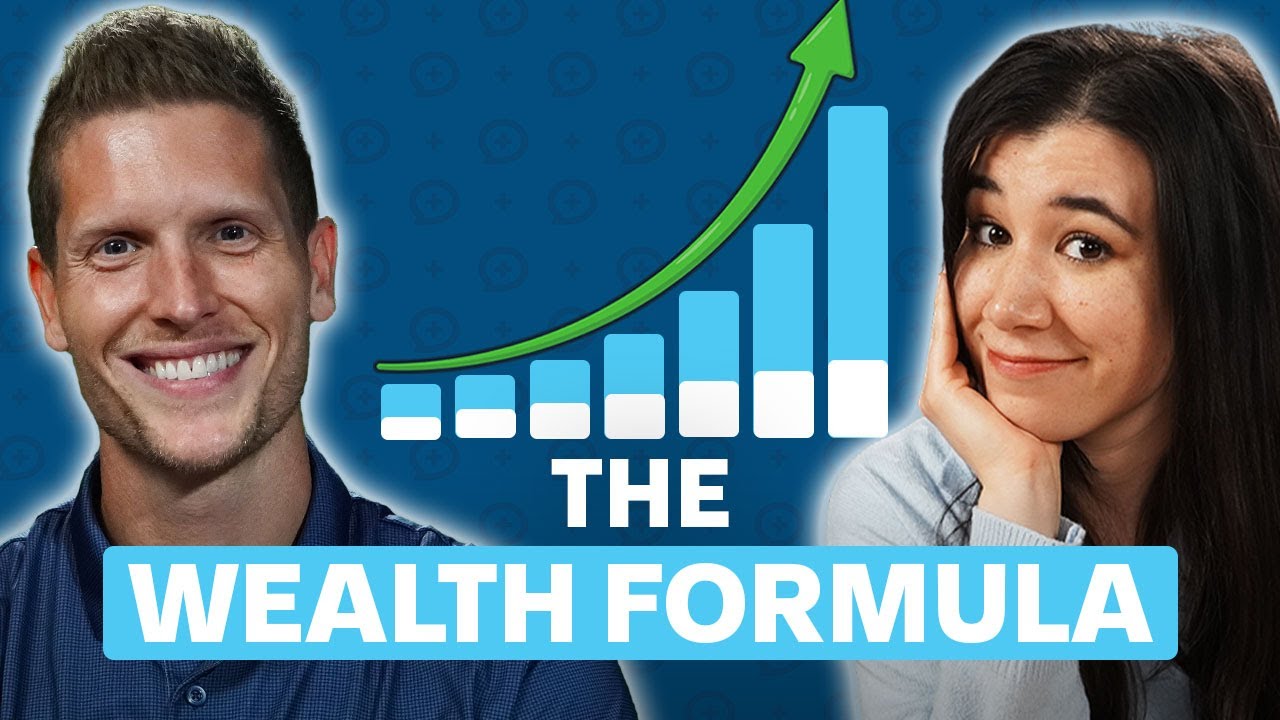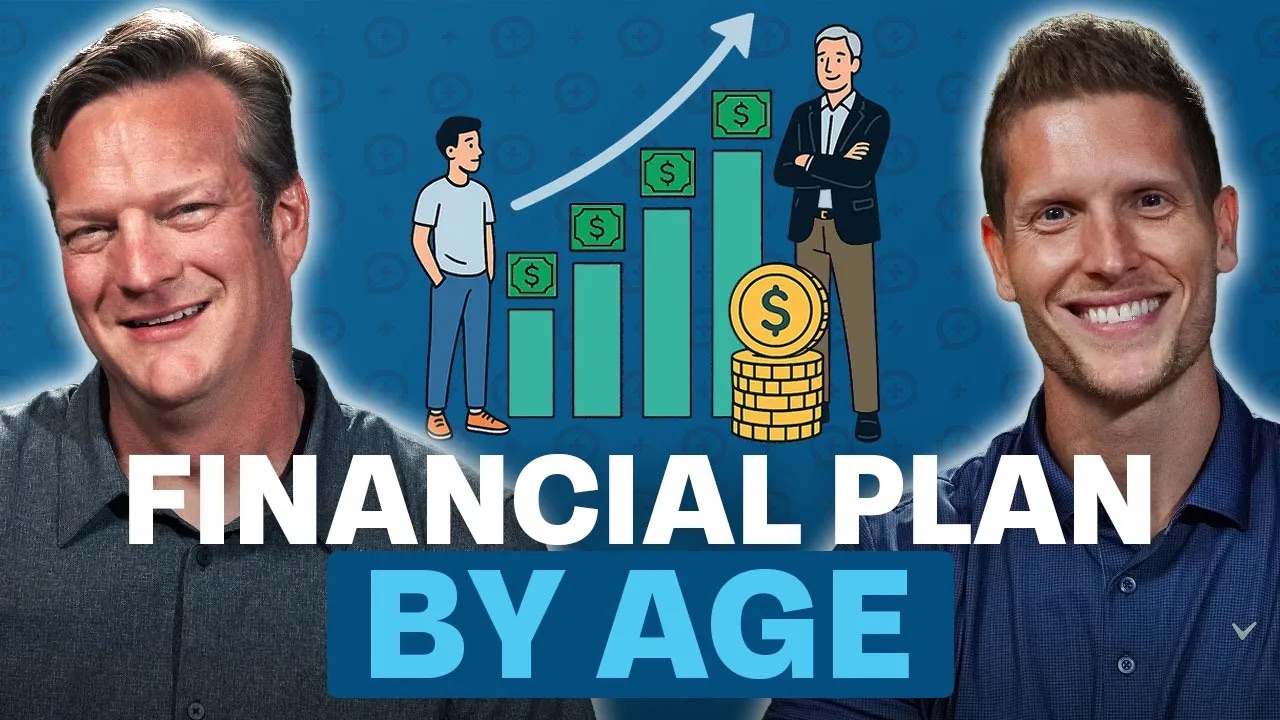Let's talk now about some unique 401K provisions. The first one we've already mentioned: 401K loans. A lot of 401Ks will say, "Hey, you know what? If you get into a tough spot, we're going to let you borrow up to either fifty thousand dollars or fifty percent of your vested account balance from your 401K." You might be thinking, "Oh, well, that sounds great. I'm going to borrow it, and there's going to be an interest rate I'm going to pay. I'm going to pay myself back the interest, and I don't have to pay the taxes on it, so it seems like a no-brainer."
We just shared the stat that 17% of 401Ks have outstanding loans, so people are thinking this is a great opportunity. However, it might not be well. I worry because with interest rates being so high on mortgages right now, somebody who's trying to get into a house or trying to upgrade to a house that's a little bit bigger than maybe they can afford might think this is an easy access point to go take this money out, pay themselves back because it sounds good in theory that I'm just paying myself back instead of borrowing from a bank. But, here's what I want people to be very aware of. You need to be cautious about this because there are some big catches. The first one is that if you get laid off or you quit, and you have any outstanding loan and you haven't paid it back, you either have to pay it back immediately or it is treated as a full distribution subject to early withdrawal penalties and all the other bad stuff that comes from taking that money. But, that's just one element that gives me pause. But, I want you to talk about the opportunity comes, what are the things because people think, "Hey, I don't have to worry about the volatility of the market because I'm just paying myself back at this stated interest rate." But, they're missing out on something that's pretty powerful.
We know that when it comes to investing, time in the market is so much more valuable than timing the market. Well, one of the problems with 401K loans is when you take that loan, you are essentially taking your players off of the field. You are taking that money out of your 401K, and those dollars are not invested. They are not working for you. They are not building. A lot of 401Ks will be structured in such a way that if you have an outstanding 401K loan, you can't even make new salary deferrals. All you can do is pay back the 401K loan. Not everyone works that way, but some of them do work that way. So, you have to think about if I'm someone in my 20s, in my 30s, even my 40s, do I really want to take these players off of the field and have them sit there not working for me?
We know how powerful our dollars can be. You can go to
moneyguy.com/resources and download the
wealth multiplier to see this. When you take out a 401K loan, you have to ask yourself a question: If I'm a 30-year-old, do I really not want those dollars to be multiplying? If I'm a 40-year-old, do I not want those dollars to be multiplying? The cost to a 401K loan is substantially more than the interest rate you're going to pay yourself, and, by the way, it's an amortizing loan. So, it's not like you're truly earning that rate of return because, as you pay yourself back, some of it's principal, some of its interest, I think it should be a last-ditch last resort. Avoid it at all costs if you can. Yeah, and some plans even take away some of the employer benefits while you're on the loan, so it's definitely important to know what's available to you. But that's one that I'd be very wary of just grabbing as a first choice.
The second thing, hardship withdrawals. Now, look, this one, I'm going to give a little more grace in the fact that bad things happen to great people. I mean, we're all here because here's what qualifies for hardship: excess medical bills. And we know if you look at bankruptcy, what causes bankruptcy a lot of times is medical issues, procedures, emergencies, and other things. If you become disabled, that's right on that same tree of medical issues. If you owe the IRS, I think that's one that kind of makes me chuckle. I'm like, of course, the IRS made it a provision where you need to pay off your tax bill from your retirement plan. Why wouldn't they have that provision? And then, first-time homebuyer, that's one to be careful with because that's getting in that gray zone. Is this an opportunity, or are you really undermining your long-term future success? Be careful because there are some unique provisions in there for when you need a little more grace and flexibility in your life. But if you have the option, don't let this be something that you do without a second thought. Be very wary of taking because you might be taking away from your future self because these dollars need time to work.
Alright, so 401K loans, not great. Hardship withdrawals, also not great. The third unique provision is something I think that's kind of exciting, and it's the rule of 55. Most people know that when I put money in a 401k or when I put money in an IRA, the thought is that in order to be able to take those dollars out penalty-free and if it's in a Roth, tax-free, I have to be at least 59 and a half. However, if you are employed with your employer in the year that you turn 55 and you still have 401k dollars, you can actually begin taking distributions from your 401k at age 55 without having to pay early withdrawal penalties. That still qualifies as a qualified distribution. So if you're someone who is planning on leaving the workforce early and you do want to retire before the age of 59 and a half, your 401k may very well be that tool that provides that gap to get you from 55 to 59 and a half. So when you do think about your retirement dates and you're trying to decide, do I retire at 54, 55, 53, or 56, this needs to come into consideration. And you want to make sure you think through, okay, if I am 55 and I am retiring, do I want to roll those dollars into an IRA rollover, or does it make sense to leave them in my 401k so that I can start distributing some of those dollars to myself if I need to?
Yeah, listen up, if you're part of the FIRE movement, Financial Independence Retire Early, 55 is still a very early retirement. It's much earlier than the typical retirement, so this is a provision you should pay attention to. It's very powerful.













